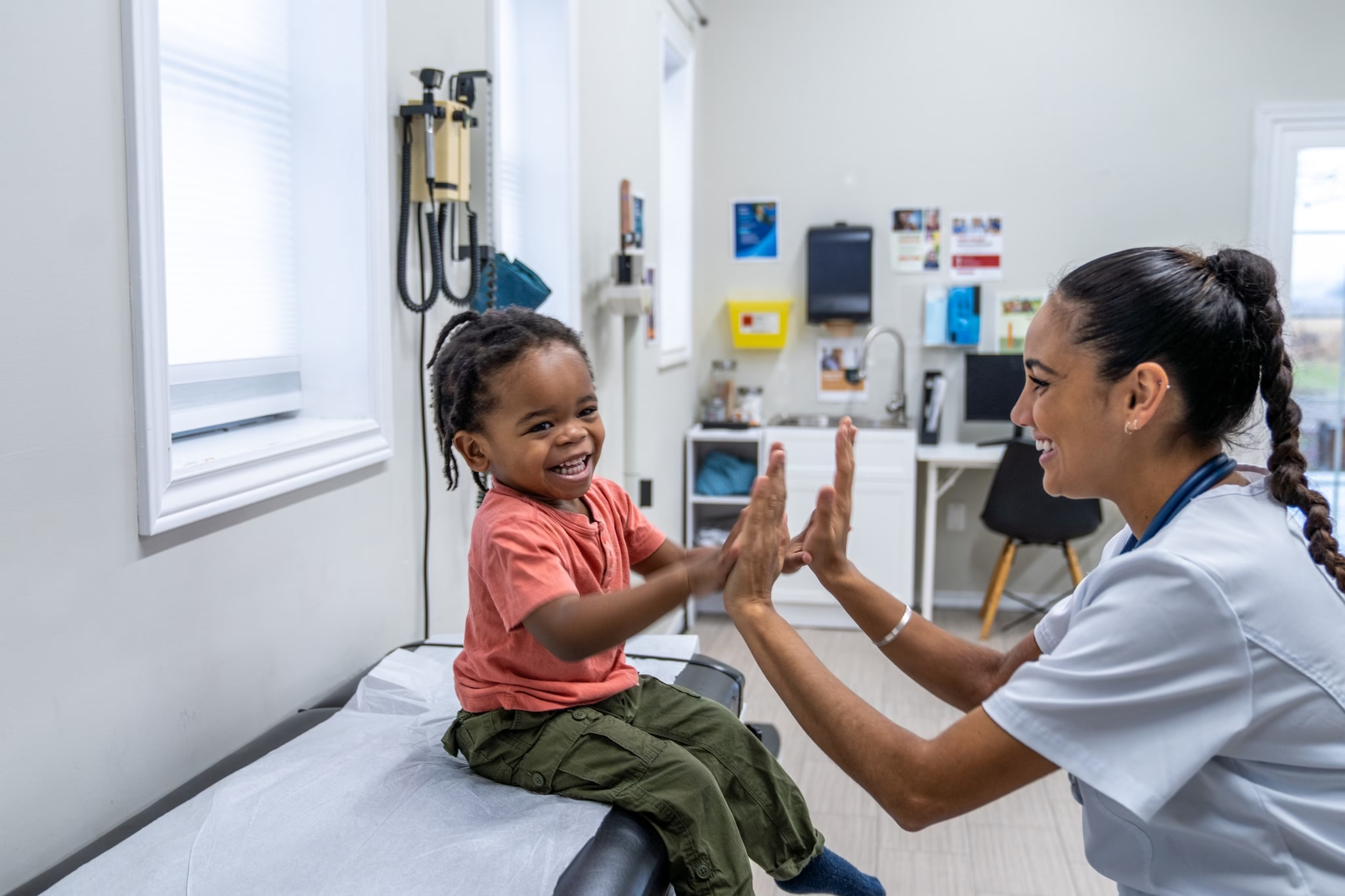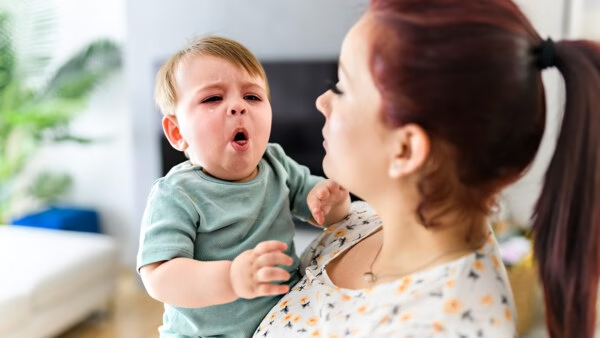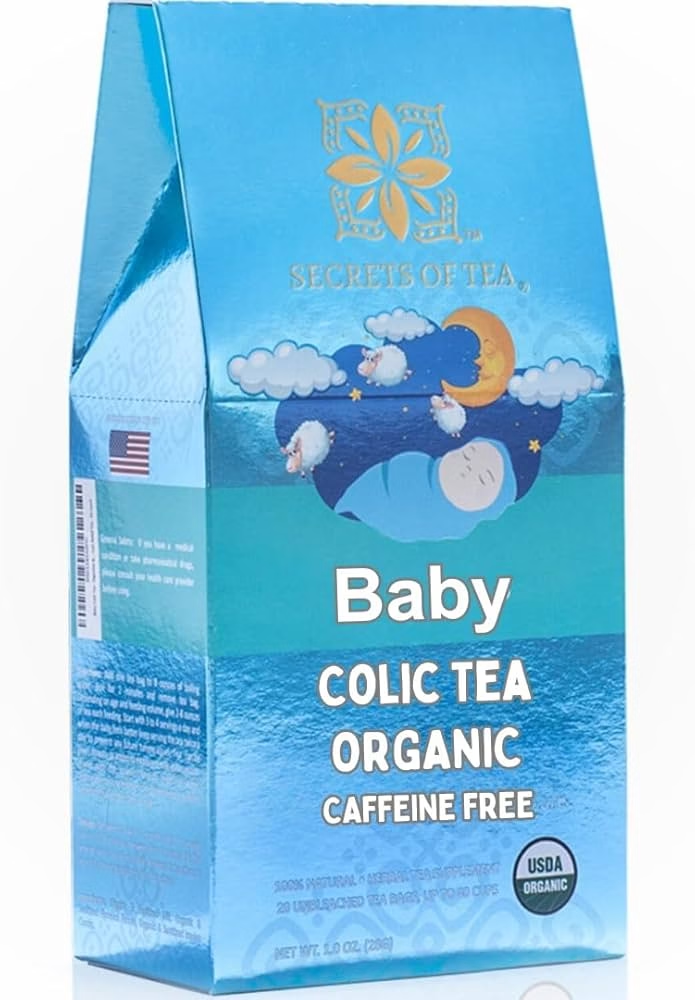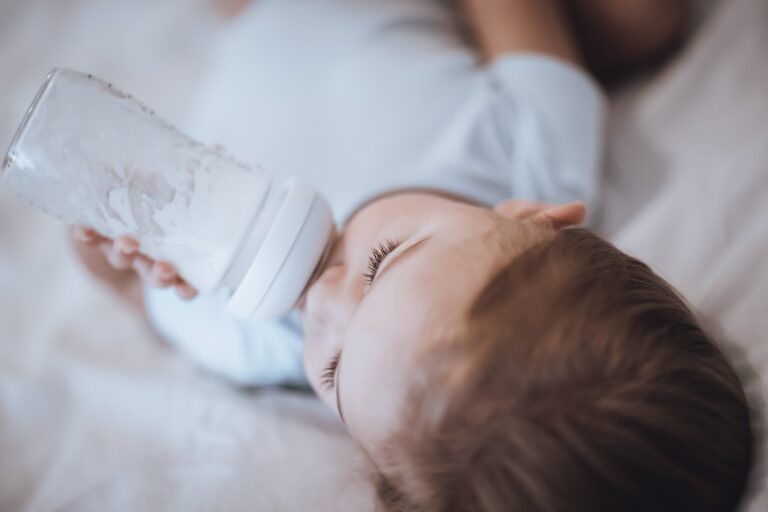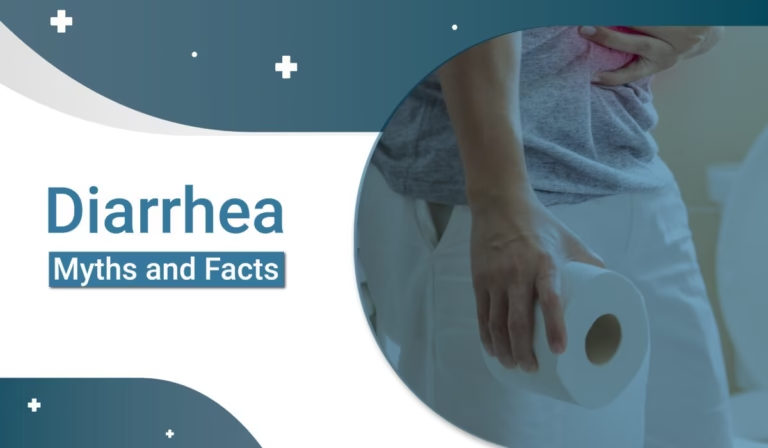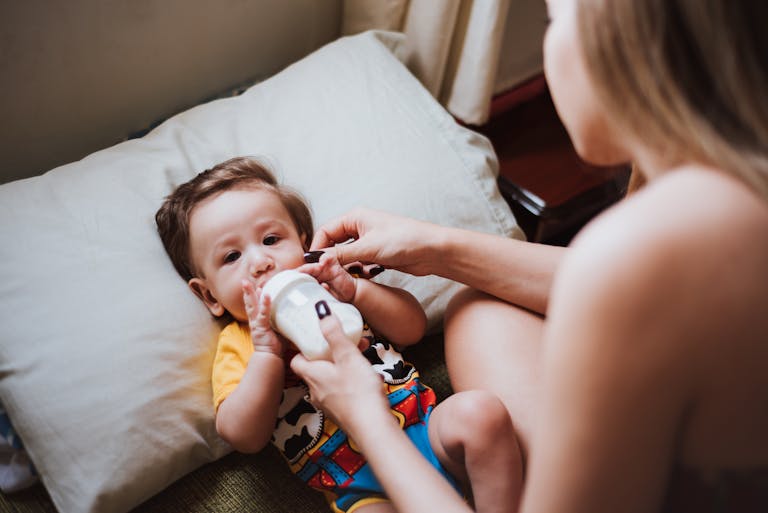What Age Do Infants Get Chickenpox Vaccine: Key Facts
Infants typically receive the chickenpox vaccine at 12 to 15 months of age. A booster shot follows between 4 to 6 years old.
As parents prioritize their child’s protection against common childhood diseases, the chickenpox vaccine, also known as the varicella vaccine, stands as a crucial immunization step. This vaccine not only shields infants and young children from varicella, the virus that causes chickenpox, but also contributes to community immunity, helping protect those who cannot be vaccinated.
Chickenpox used to be a common childhood illness, but due to the effectiveness of the vaccination program, occurrences have dramatically declined. Ensuring timely immunization, therefore, is essential for maintaining public health and safeguarding individual children from potential complications that this virus can cause. With this in mind, parents should consult their pediatricians to adhere to the recommended vaccination schedule to keep their infants on track for a healthy start in life.
The Importance Of Chickenpox Vaccination
Vaccinating infants against chickenpox shields them from severe infections. Typically, infants receive the chickenpox vaccine in two doses. First dose at 12-15 months and second at 4-6 years old.
Vaccination greatly reduces the risks of complications. Examples include pneumonia, encephalitis, or severe skin infections.
By immunizing children, community immunity gets stronger. This helps to protect people who cannot get vaccinated. Infants too young or individuals with certain medical conditions benefit. Allergies to vaccine components also necessitate reliance on herd immunity.
Recommended Age For The First Dose
Infants typically receive the chickenpox vaccine between 12 to 15 months of age. This is the first dose in the immunization schedule. A second dose follows for added immunity. Usually, the second dose is given at 4 to 6 years old.
Some pediatricians may suggest an alternate timeline. This depends on health, travel, or outbreak risks. Always talk to a trusted healthcare provider. They can offer a personalized plan for your child’s vaccinations.
Scheduling The Second Dose
The optimal timing for the second dose of the chickenpox vaccine is usually between 4 to 6 years old. It’s crucial to maintain this schedule to ensure maximum immunity against chickenpox.
Missed shots can still be made up. Speak with a healthcare provider about a catch-up schedule. This helps keep your child protected as soon as possible.
Mild Cases After Vaccination
Infants often receive the chickenpox vaccine to prevent varicella. After vaccination, some may still experience breakthrough varicella. These cases are typically mild. Vaccinated individuals present fewer symptoms compared to those unvaccinated. Common signs are red spots instead of blisters, mild fever, or possibly no fever.
Vaccinated children also have shorter illness duration. Parents should note the reduced severity in these breakthrough cases. The risk of spreading the virus remains lower. It is crucial to recognize and treat symptoms early in young children.
Varicella Vaccine Safety Profile
The Varicella Vaccine, commonly known as the chickenpox vaccine, is considered safe for infants. The vaccine typically has some common side effects. These may include soreness where the shot was given, fever, or a mild rash. It’s rare, but some infants might experience severe reactions to the vaccine.
Parents are encouraged to report any severe reactions to their healthcare provider. They can also report to the Vaccine Adverse Event Reporting System (VAERS). This ensures any concerns are tracked and addressed.
Special Cases: Earlier Or Additional Doses
Children with weak immune systems may need the chickenpox vaccine earlier. Doctors usually suggest vaccinating them at a younger age. This helps to protect them from the virus.
During chickenpox outbreaks, some kids might get an extra dose for added safety. This is true for kids who are more at risk. Their bodies may need more help to fight off the virus.
Varicella Vaccination For International Travel
Traveling with infants requires extra care. Different countries have specific vaccine regulations. Chickenpox vaccine is one such requirement for infants.
Before international travel, parents should check the destination’s vaccine laws. This ensures their infants meet entry conditions. Infants often receive the varicella vaccine after their first birthday. Yet, some places might have earlier age requirements.
Always consult with a healthcare provider. They give custom travel advice for infants. This includes optimal vaccination times.
Frequently Asked Questions
Can I Get Chicken Pox If I Was Vaccinated As A Child?
Yes, you can still get chicken pox even if you were vaccinated, though symptoms are typically milder and less contagious.
What Are The Side Effects Of The Chickenpox Vaccine For 1 Year Olds?
Common side effects of the chickenpox vaccine for 1-year-olds include soreness at the injection site, fever, and rash.
What Is The Age Limit For Chickenpox?
There is no specific age limit for chickenpox; individuals can contract it at any age.
Conclusion
Securing your infant’s health with the chickenpox vaccine is vital. Usually, infants receive this vaccine at 12 to 15 months. It protects them and helps to stop the spread. Remember, a pediatrician’s advice is your best guide. Stay informed and keep your child safeguarded from chickenpox.
